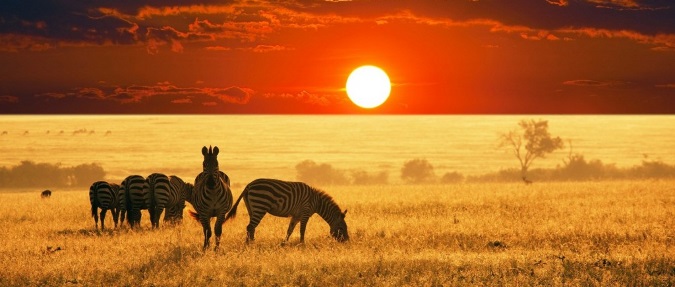
At its core, conservation seeks sustainability of wildlife and wild places. Ethical hunters want wild animals to flourish in their natural habitat as much as possible, and will act on their behalf in order to protect and conserve those natural resources.
A recent news story out of Zimbabwe shows a side of hunters not shown often enough − compassion and concern for the welfare of all animals.
A group of buffalo hunters were asked by gamekeepers to help rescue an elephant calf trapped overnight in a mud wallow. The calf was in grave danger of overheating in the 100-plus degree temperatures from the strong African sun. Video circulated on social media showed the hunters securing a rope around the thrashing calf, and subsequently, pulling it free. Initially, the calf charged its rescuers but returned quickly to the herd. After a day, the calf was observed to be in good health, thanks to the swift and decisive action by the hunters.
“Each hunter has their own personal motivation to hunt,” said DSC Executive Director Ben Carter. “But, with each hunting opportunity, hunters also have the responsibility to act in the best interest of wildlife as a whole. The hunters who rescued the elephant are a shining example of compassion while in the field. Conservation is more than paying for a hunting tag. It backs up every thing we do.”
In addition to the support for DSC’s mission and funding for conservation programs worldwide, DSC members also contribute to conservation through responsible actions in the field. One member recalls such an opportunity while harvesting a very old Vaal rhebok. In the process, he and his guide discovered a younger Vaal rhebok caught in a poacher’s snare. They managed to free the young antelope without noticeable injury. Hunters make decisions of life and death such as this as part of the hunting experience.
Hunters also serve as eyes in the field for anti-poaching efforts. In search of their quarry, hunters often travel into areas not frequented by tourists or photographers. These remote stretches are the frontline for the illegal taking of game. A DSC member reports that while on safari, the PH, trackers and he stumbled onto a poacher’s camp and ultimately destroyed it, hampering their ability to operate. While most hunters on safari will never encounter this scenario, many of the professional hunters and safari operators have incorporated anti-poaching efforts into their daily routine.
Wildlife conservation is not merely clicking links or sharing on social media. DSC members understand that conservation is the result of wise use, good decisions and diligent education of future hunters and policy makers on the vital importance of conservation.
